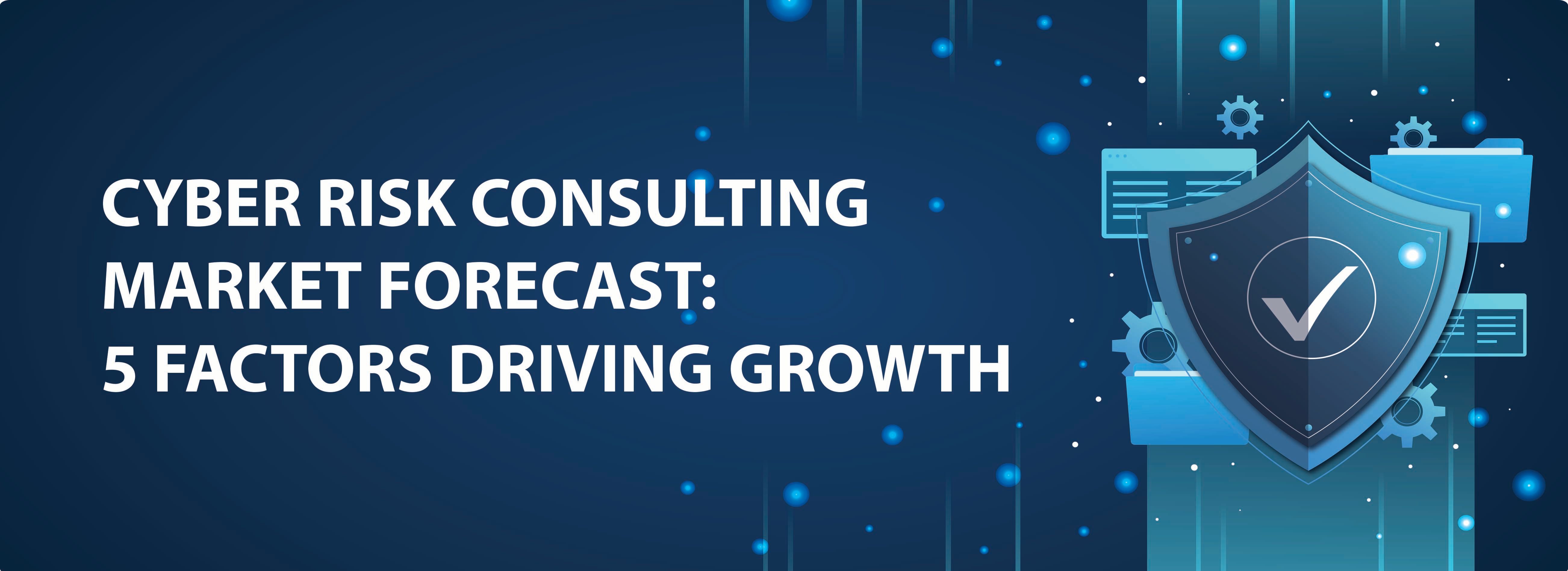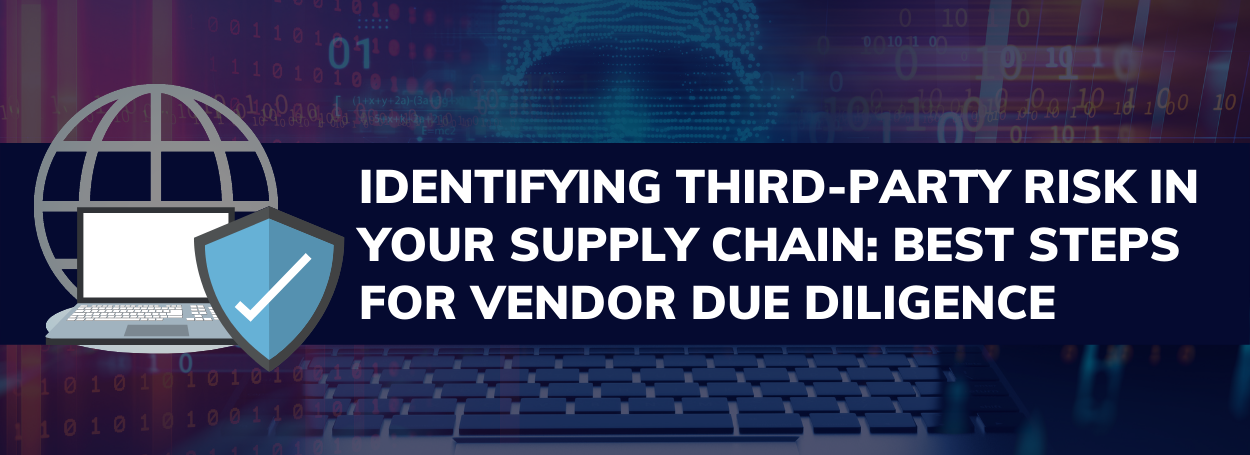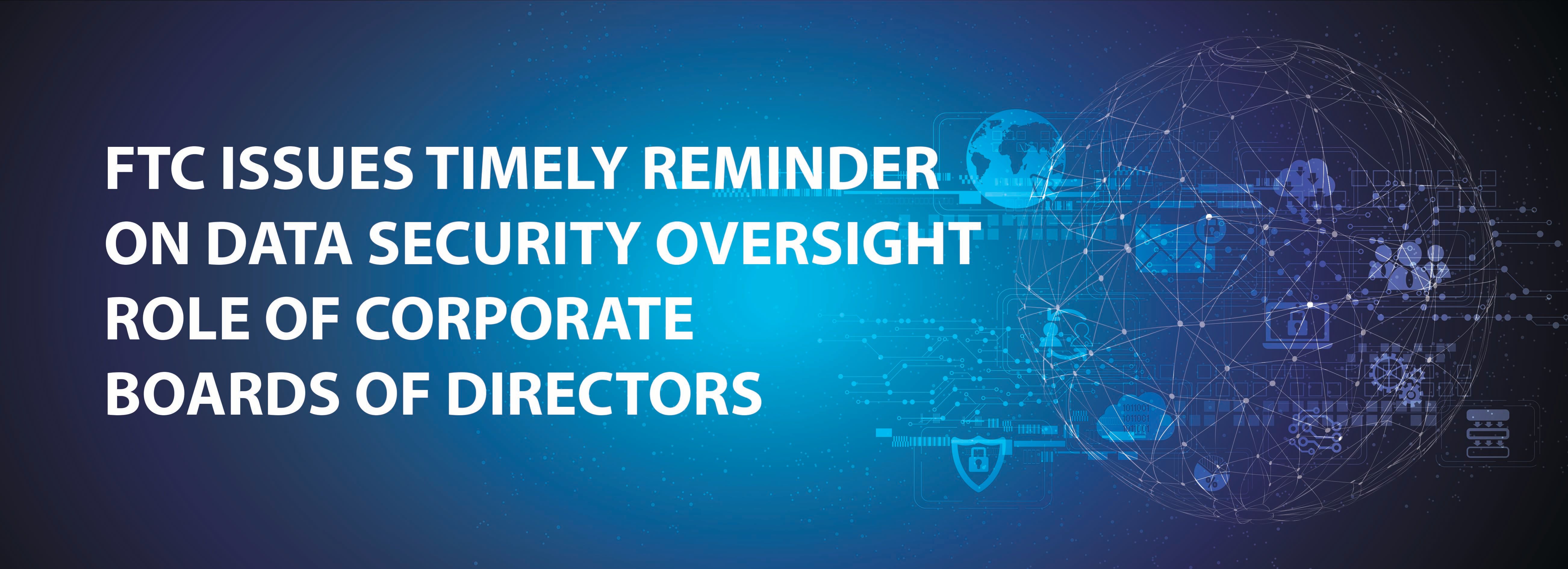Cyber Risk Consulting Market Forecast: 5 Factors Driving Growth

Cyber risk consulting market growth is intimately tied with the never-ending antics of hackers, cybercriminals, and other malicious actors in cyberspace. In 2019, the global cybersecurity consulting market size was $158.9 billion, and it is expected to hit the mark of $301.4 billion by 2028.
As the COVID-19 pandemic has induced new financial pressures on organizations, the natural response of many firms was to cut the cybersecurity budget - a general trend in 2020. On the other hand, cyber threats have increased in frequency and sophistication during the pandemic. Malicious actors are capitalizing on the prevailing uncertainty and fear surrounding the outbreak to their advantage.
When tainted by a devastating pandemic, the cybersecurity consulting market forecast is far from being a straightforward undertaking.
Nonetheless, there are definite patterns taking shape that are sure to contribute to the growth of the cyber risk consulting market in the years to come.
The Five Growth Factors of Cyber Risk Consulting Market
Here’re 5 main factors that we believe will drive growth in the cyber risk consulting sector:
1. Increase in Cyber Attacks
Cyber threats are ever-evolving, and the outcomes are becoming costlier. Cybersecurity firm Radware discovered that the cost of an average cyberattack on a corporate level is US$1.1 million. In the same study, the researchers found that 37% of the organizations experienced reputational damage and lost customer trust following a cyberattack.
According to Kaspersky, there was a 14% increase in identified malware in 2019 compared to 2018. This trend has only increased with time, especially in association with COVID-19 (we’ll explore this factor in a later section).
Along with the increasing incidence of malware infections, the recent prevalence of ransomware also highlights the need for cyber risk consulting. The cyber outbreak of WannaCry, Petya, NotPetya, and others of its kind left prominent organizations reeling, including the UK’s NHS.
In a landscape as precarious as this, every industry vertical, whether public or private, will require the assistance of cybersecurity consultants to identify, assess, monitor, and mitigate risks posed to their organizations by malicious actors.
2. The Emergence of Disruptive Technologies
Advancements in technology like the advent of artificial intelligence (AI), the internet of things (IoT), cloud computing, and blockchain have come as blessings for businesses and consumers. But these technologies have exposed organizations and end-users to a side effect: higher cyber risks. More interconnectivity between devices and networks means a broader attack surface for hackers to exploit.
Organizations unfamiliar with new technologies often open themselves up to higher cybersecurity risks that their adoption entails. For instance, a small business that feels tempted to use solutions like IoT might not have the necessary safeguards and policies, and protocols to mitigate new risks that the technology introduces.
The importance of consultants specializing in cyber risks becomes evident in these scenarios. The survival, reputation, profitability, and continuity of businesses are increasingly becoming dependent on adopting new technologies while curtailing the accompanying risks.
3. Data Protection Regulations
Another driver of cyber risk market growth comes from the increased compliance requirements that governments enforce on companies. The General Data Protection Regulation (GDPR) first provided a data and privacy protection framework for companies in Europe.
Other countries soon followed suit, as the US introduced California Consumer Privacy Act (CCPA) and Brazil’s Lei Geral de Protecao de Dados (LGPD) came into force in 2018 and 2020, respectively.
Organizations have historically shown little regard to the privacy and data protection of consumers. This situation has changed dramatically since the rising levels of privacy awareness in society. Privacy laws, compliance regulations, and mass coverage and scrutiny after serious privacy scandals have made organizations increasingly aware of the importance of cyber risk management.
Compliance with these regulatory frameworks, especially when organizations are under increased pressure pressures from regulatory authorities, media, and people alike, contributes to an increase in demand for cyber risk consultants.
As more countries implement consumer privacy legislation, the cybersecurity consultant market will only experience significant growth.
4. The North American Factor
North America holds the most significant market share in the cyber risk consulting industry. This is mainly due to the presence of some of the leading technology organizations in the region, including Microsoft, IBM, and Cisco. The region is marked by a high degree of technology readiness due to a highly developed infrastructure to allow early adoption of new technological solutions as they become available.
These factors will contribute to escalated demand for cyber risk consultants in the North American region. The market’s growth forecast will depend significantly on the consultants’ ability to strengthen resilience against the rising cyber threats for new and existing players.
5. Changing Work Patterns
The pandemic-induced shift in work patterns and subsequent increase in cyber attacks has underscored the importance of cybersecurity. A good case in point: Switzerland saw the number of cyberattacks rise to three times the normal rate during the pandemic.
Cyber risk researchers identified work from home routines amidst the increasing Covid-19 infections as the primary reason for the rise in cyberattacks.
Network security at home is seldom as robust as that employed in organizations, and hackers know that all too well. Since work from home isn’t going away any time soon (or ever), organizations will need the help of consultants to manage cyber risks. Businesses will increasingly need the help of experts to assess, monitor, and alleviate cybersecurity risks.
Leveraging Cyber360 for Diligent Cyber Risk Consulting
Cyber360 is a comprehensive risk assessment software that enables consultants to serve a larger pool of clients with significantly less effort, time, and costs.
The tool features a user-friendly interface with a single dashboard that leads into a host of cyber risk assessment features, from risk profiling of organizations to aggregating policies and documents in a centralized database.
Using this software, you can automate many different monotonous tasks. That will boost your efficiency and eliminate costly errors associated with the use of outdated tools like spreadsheets.
Deploy Cyber360 to amplify your cyber risk consultancy capabilities and dominate the market share with fewer resources and greater reliability.
Experience the tool yourself with a live demo or learn more here about CENTRL’s Cyber360.


